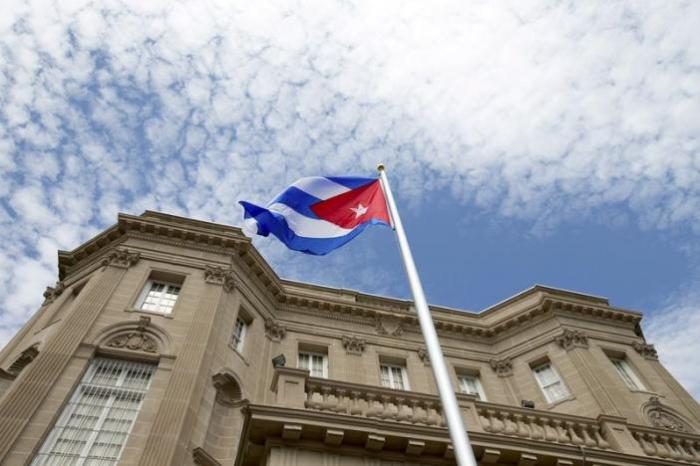Cuban church leaders under pressure to sign document claiming gov’t demolition of church was legal

Christian leaders in a southern Cuban town have faced pressure from government agents to sign a statement declaring that the recent destruction of the Assemblies of God Church was legal.
Christian Solidarity Worldwide, an international watchdog group that helps persecuted believers in over 20 countries, reports that authorities in Santiago de Cuba are trying to cover their tracks after a church affiliated with one of the largest demonstrations in the country was destroyed last Friday.
The church in question is located in the Abel Santamaria neighborhood of Santiago de Cuba and is led by Pastor Fausto Palomo Cabrera. The church has faced harassment and threats since 2015. The government claimed that the church’s destruction was done for the construction of train tracks.
Cuban independent journalist Ricardo Fernández Izaguirre reported on Sunday that the church’s demolition came after government authorities stepped away from negotiations with the denominational leadership.
The denomination is one of the largest legally-recognized religious bodies by the Cuban communist regime, which often cracks down on non-state-sanctioned churches and believers.
CSW earlier reported that a local pastor not affiliated with the church, Alain Toledano, was arrested for filming heavy machinery at the church early last Friday morning.
In addition to Toledano, two members of his church named Adrián Arza and Félix Daniel González were also detained and held incommunicado for nine hours, the organization reports.
Sources told CSW that Cabrera and the denomination’s regional superintendent, Jose Martinez, were apprehended by officials at the Department of Physical Planning on Monday.
“It is believed that the authorities are applying pressure on Pastor Palomo Cabrera and Superintendent Martínez to sign a document saying that the demolition of the church was legal,” a statement released by the watchdog group reads. “Local sources also report that the authorities are attempting to charge Pastor Palomo Cabrera for the use of the machinery used in the demolition.”
CSW CEO Scot Bower denounced the development.
“Cuban authorities demolished a church building belonging to a registered denomination, and are now attempting to pressure Pastor Palomo Cabrera and Superintendent Martínez into agreeing that the destruction was carried out legally,” Bower explained. “They are doing this in order to give the impression that this is not a violation of freedom of religion or belief.”
Bower warned that over the last five years, the church in the Abel Santamaria neighborhood has been targeted and harassed, which amounts to religious freedom violations.
“We call on the authorities to cease all harassment of Superintendent Martínez, Pastor Palomo Cabrera and members of their church and denomination, and to ensure that they have the right to manifest their religion in public and in community with others — an essential component of this right,” Bower said. “We further call on the Cuban government to reimburse the church for their loss so that they can rebuild their place of worship.”
As a country ruled by a communist party, Cuba was placed on the U.S. State Department’s “special watch list” of countries that engage in or tolerate severe violations of religious freedom last December.
Religious freedom activists across the globe have long raised concerns about the violations in Cuba. In March, the U.S. Commission on International Religious Freedom released a report detailing how Cuban authorities have manipulated the legal system as part of an effort to “wage a persistent harassment” against religious leaders like Toledano.
“Alongside the constitution, the government uses a restrictive system of laws and policies, surveillance, and harassment to control religious groups and suppress the freedom of religion or belief,” the USCIRF report warns. “The Office of Religious Affairs, an entity within the CCP, controls all religious activity. Officials use Legal Decree 322 – announced in 2015 purportedly to regulate private properties and zoning laws – to threaten the confiscation or demolition of churches.”
Despite the religious freedom issues in Cuba, Cuba along with China, Pakistan and other countries known for committing religious freedom violations, were elected to serve on the 47-member U.N. Human Rights Council. The council proposes resolutions on human rights and oversees investigations into religious freedom violations.




























